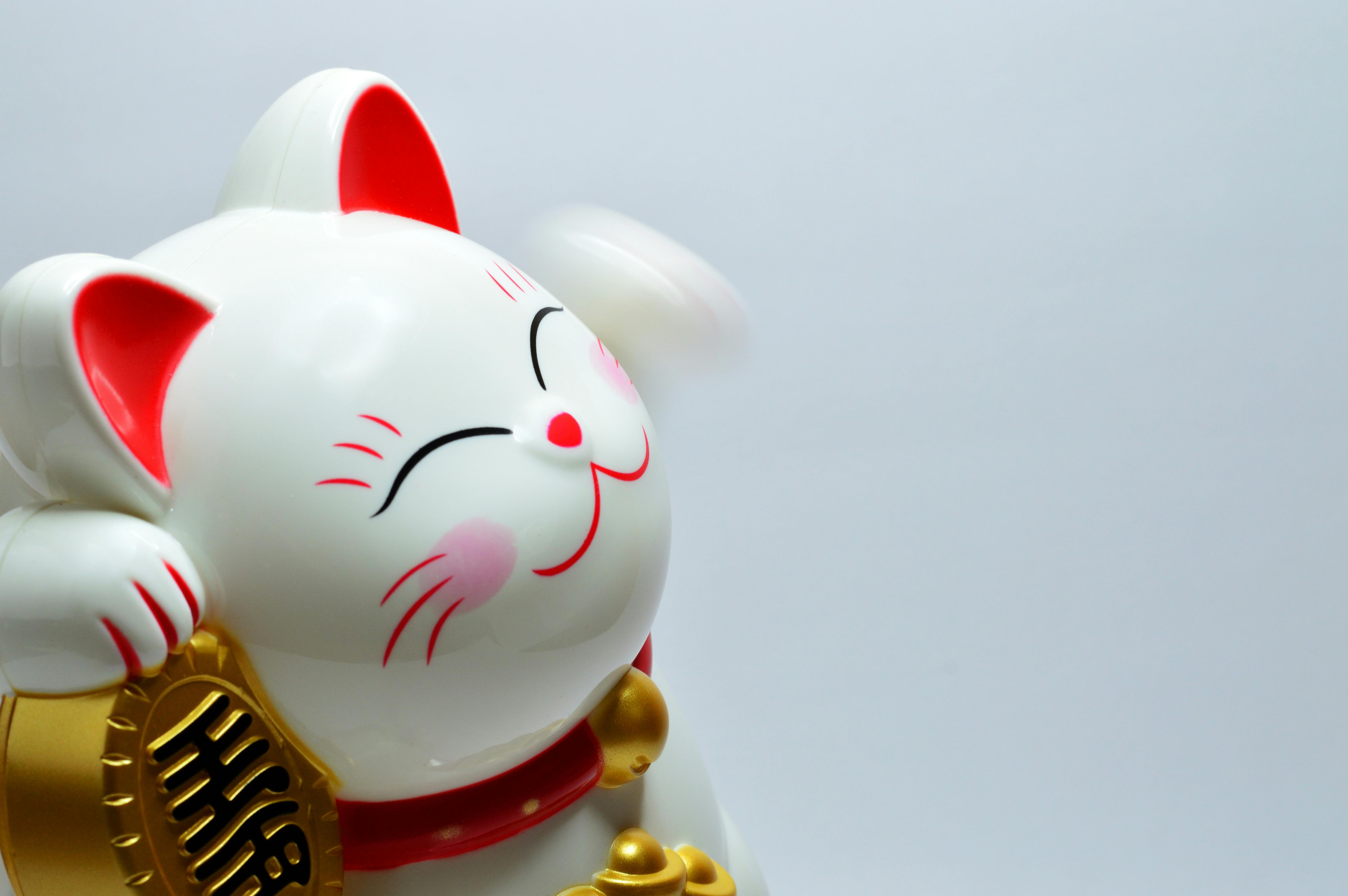Distilled vinegar is a powerful cleaning agent that can be used for a variety of tasks. With its antiseptic and antibacterial properties, distilled vinegar is an effective cleaner for surfaces such as countertops, floors, and windows. Because of its acidity, it can also be used to remove soap scum and hard water deposits. In addition, distilled vinegar can be used to deodorize carpets and fabrics, as well as to clean up pet messes. With its versatility and effectiveness, it’s no wonder that distilled vinegar is one of the most popular cleaning agents around.Distilled vinegar is a type of vinegar made from grains, fruits, or other sources that have been fermented and then distilled. It has a clear, sharp flavor and is often used for cleaning and cooking. It can also be used as a natural preservative in some foods.
What Makes Distilled Vinegar Good for Cleaning?
Distilled vinegar is one of the most versatile products in your cleaning arsenal. It’s a natural and effective way to clean, sanitize, and deodorize surfaces throughout your home. Its acidic nature makes it powerful enough to tackle tough messes while also being gentle enough for most surfaces. The fact that it’s affordable and easy to find makes it an ideal go-to cleaning solution.
The key ingredient in distilled vinegar is acetic acid, which is what gives vinegar its distinctive smell and gives it its cleaning power. This acid breaks down dirt, grime, bacteria, and other unwanted residues on a variety of surfaces. It also helps to neutralize odors, so you can freshen up your home without the use of harsh chemicals or artificial fragrances.
Distilled vinegar is also non-toxic and biodegradable, making it a safe choice for cleaning around children and pets. When combined with warm water, it’s even more powerful at cutting through tough grease and grime on countertops, appliances, shower doors, tile floors
How to Use Distilled Vinegar for Cleaning
Distilled vinegar is one of the most versatile and cost-effective cleaning agents available. It can be used for many different types of cleaning jobs around the home, from kitchen countertops to bathroom tiles. The use of distilled vinegar is not only economical, but it also helps to reduce the amount of chemicals used in the home. Here are some tips on how to use distilled vinegar for cleaning:
Firstly, it’s important to dilute the vinegar before using it. This can be done by adding one part water to one part vinegar in a spray bottle and shaking it up. This will ensure that the solution is mild enough for use on most surfaces, such as kitchen countertops, bathroom tiles, glass and stainless steel appliances.
Once diluted, the solution can be sprayed onto a surface and then wiped off with a damp cloth or sponge. For tougher cleaning jobs, such as stubborn stains or grease deposits, allow the solution to sit on the surface for a few minutes before wiping off with a damp cloth or sponge. This will help loosen up any built-up dirt or grime
Vinegar
Vinegar is a natural cleaning solution that can be used to remove dirt, grease, grime, and other odors from surfaces. It is also an effective disinfectant and can kill bacteria and viruses. Distilled vinegar is the most common type of vinegar used for cleaning, as it is free of impurities that can leave behind residue on surfaces. However, it can be expensive to buy commercially prepared distilled vinegar. Fortunately, it is easy to make your own distilled vinegar at home with a few simple ingredients.
Ingredients
To make your own distilled vinegar cleaning solutions, you will need white wine or cider vinegar, water, and a glass jar or container with a lid. The ratio of ingredients will depend on the strength of the solution you want to make. Generally, a 1:1 ratio of water and vinegar is sufficient for most cleaning tasks.
White Wine or Cider Vinegar
White wine or cider vinegar works best for making your own distilled vinegar solution because it contains fewer impurities than other types of vine
The Benefits of Using Distilled Vinegar for Cleaning
Distilled vinegar is an effective, natural cleaning solution that has many benefits. It is safe to use around kids and pets, it’s non-toxic, and it’s very affordable. Distilled vinegar can be used on many surfaces, and it can also be diluted with water to create a milder solution. Here are some of the benefits of using distilled vinegar for cleaning.
The first benefit of distilled vinegar is its ability to remove dirt and grime from surfaces. It can be used on kitchen counters, bathroom sinks, walls, floors, and other surfaces in the home. It is also great at removing odors from fabrics such as carpets or furniture fabric. Additionally, distilled vinegar can be used to clean windows without leaving streaks or smears.
Another great benefit of using distilled vinegar is its ability to disinfect surfaces and kill bacteria and germs. This makes it a great choice for cleaning areas where food is prepared or stored such as countertops or cutting boards. Distilled vinegar is also an effective way to remove mold from surfaces such as

Things You Should Not Clean with Distilled Vinegar
When it comes to cleaning, distilled vinegar is a popular choice due to its many uses and its natural properties. However, there are some surfaces and materials that you should avoid cleaning with this product. This is because vinegar is an acidic ingredient and can cause damage to certain surfaces. Here is a list of things you should not clean with distilled vinegar:
1. Stone or Marble: Stone and marble surfaces can be very delicate, so it’s best to avoid using any type of acidic cleaning product on them. The acidity in vinegar can eat away at the protective sealant on these surfaces, leaving them vulnerable to stains and damage.
2. Cast Iron Pans: Cast iron pans are very durable, but they can become damaged if exposed to vinegar for too long. The acidity in the vinegar can strip away the seasoning on the pan, leaving it vulnerable to rusting and corrosion.
3. Hardwood Floors: Hardwood floors are another delicate surface that should not be cleaned with vinegar. The acidity in the vinegar
Using Distilled Vinegar Safely
Distilled vinegar is a great natural cleaning agent that can be used for a variety of tasks. However, it is important to use it safely. Here are some tips for making sure that you are cleaning with distilled vinegar in the safest way possible.
Test Before Use
Before using distilled vinegar on any surface, it is important to test a small area first. This will help you determine if the vinegar will react negatively with the surface or cause any damage. If you are unsure of how your surface might react, always test first to be safe.
Dilute the Vinegar
Distilled vinegar is a powerful cleaner and can be very strong if not diluted properly. To make sure that you are not damaging surfaces, always dilute the vinegar with water before use. This will reduce its strength and make sure that it does not cause any harm.
Wear Protective Gear
When cleaning with distilled vinegar, it is important to wear
Alternatives to Using Distilled Vinegar for Cleaning
Baking soda is an effective and natural cleaner that can be used as an alternative to distilled vinegar. It acts as a mild abrasive which makes it perfect for scrubbing surfaces and removing stuck-on residue. Baking soda also has natural deodorizing properties, making it great for tackling unpleasant smells. Simply mix baking soda with water to create a paste, apply it to the desired area, and leave it for a few minutes before scrubbing and rinsing away.
Lemon juice is another natural cleaning alternative to vinegar. The natural acidity of lemon juice helps to break down dirt and grime, making it perfect for tackling tough stains on surfaces such as countertops or bathroom tiles. Simply dilute some fresh lemon juice with water, apply it onto the affected area, allow it to sit for a few minutes before wiping away with a damp cloth or sponge.
White vinegar is another great alternative to distilled vinegar when it comes to cleaning around the home. White vinegar has many of the same properties as distilled vinegar but has less of an odour so may be preferable in

Conclusion
Distilled vinegar is an effective and multi-purpose cleaner that is safe to use in most areas of the home. It is a natural disinfectant that can be used to clean countertops, floors, ovens, toilets, windows, and many other surfaces. It can also be used to remove tough stains from fabrics and upholstery.
Distilled vinegar is non-toxic and biodegradable, making it safe for use around children and pets. It is also inexpensive and easy to find in nearly any grocery store or convenience store. Despite its strong odor, it dissipates quickly after being used for cleaning.
For those looking for a natural way to clean their home without harsh chemicals, distilled vinegar is an excellent choice. Its versatility makes it a great all-purpose cleaner for any household.
The next time you need a cleaner for your home, consider using distilled vinegar – you might be surprised at how well it works!

